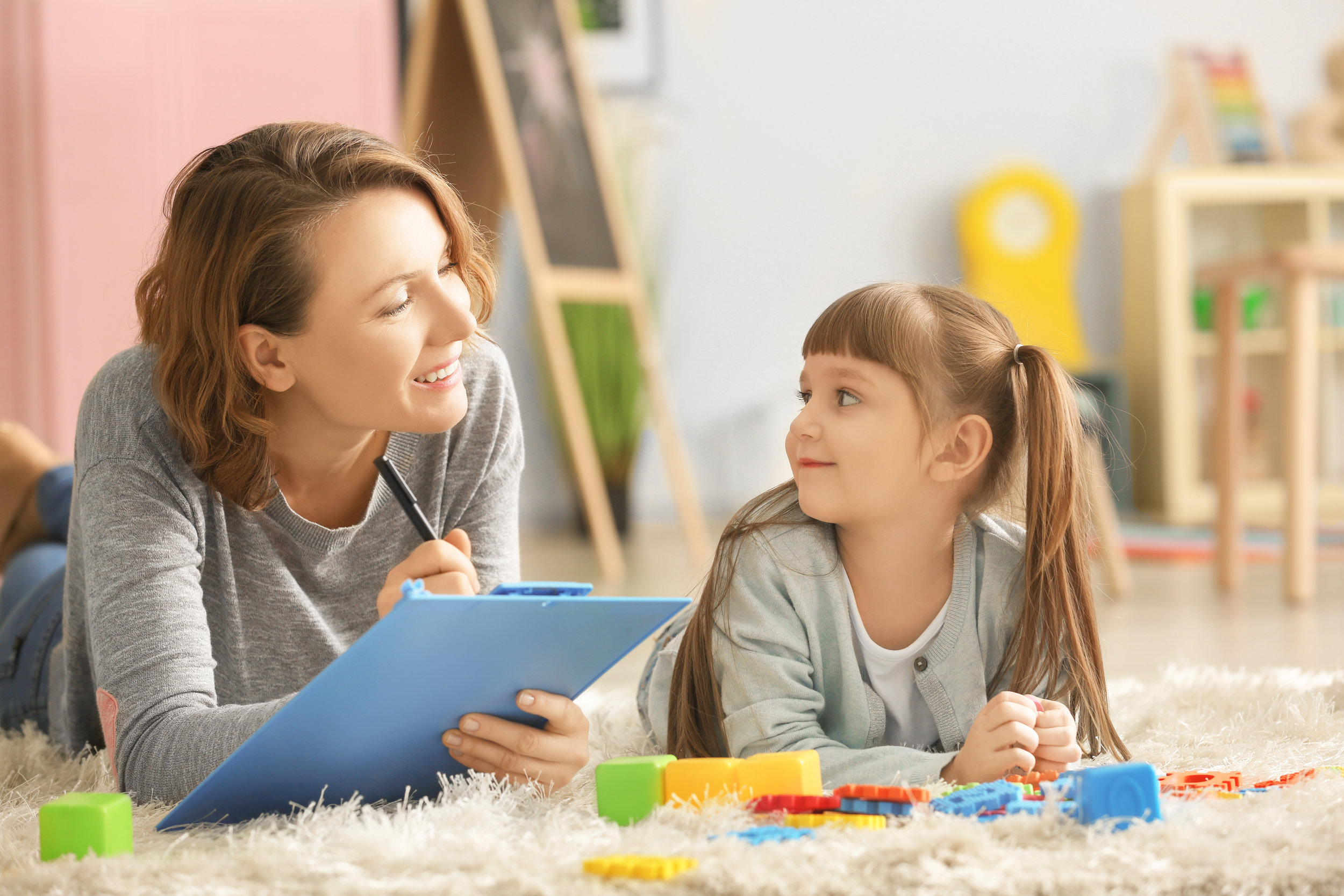Play has a beneficial role in every child’s growth and development. Play allows a child to be able to use their creative senses in order to connect with the world around them. Playful interactions can foster new skills such as fine motor, gross motor, and executive functioning skills. Certain play can increase a child’s physical activity, making it an important part of a healthy lifestyle while combating unhealthy choices and building healthy bodies. Play also enables children to develop emotional regulation skills such as coping mechanisms, impulse control, and sharing skills.
Through play a child is able to master their world while conquering their fears. Children learn how to work with peers while negotiating and resolving conflicts. When a child is able to direct the play, he or she can practice important life making decisions that will carry over into their adult years.
Play Improves The Therapeutic Relationship
Play is a key component to the therapeutic relationship between a child and the occupational or behavioral therapist. Play in therapy allows a child to enhance learning readiness, attention span, and problem solving skills. In fact, according to research by Dr. Karyn Purvis, scientists have discovered that it takes approximately 400 repetitions to create a new synapse in the brain, unless it is done in play, in which case it only takes 10 to 20 repetitions. Whether it be board games, crafts, puzzles, or imaginative games, a child is always learning. For learning to occur in play, it should be done in a stress-free environment and it should be meaningful for the child. It is important to foster the development of skills in play in order to help children reach their full potential.
Blog Post By:
Stephanie Nereppil, MSOT, OTR/L
Attributed Resources:
http://pediatrics.aappublications.org/content/119/1/182
http://homeschoolingalmanac.com/teaching-learning-games-10-20-repetitions-vs-400/

